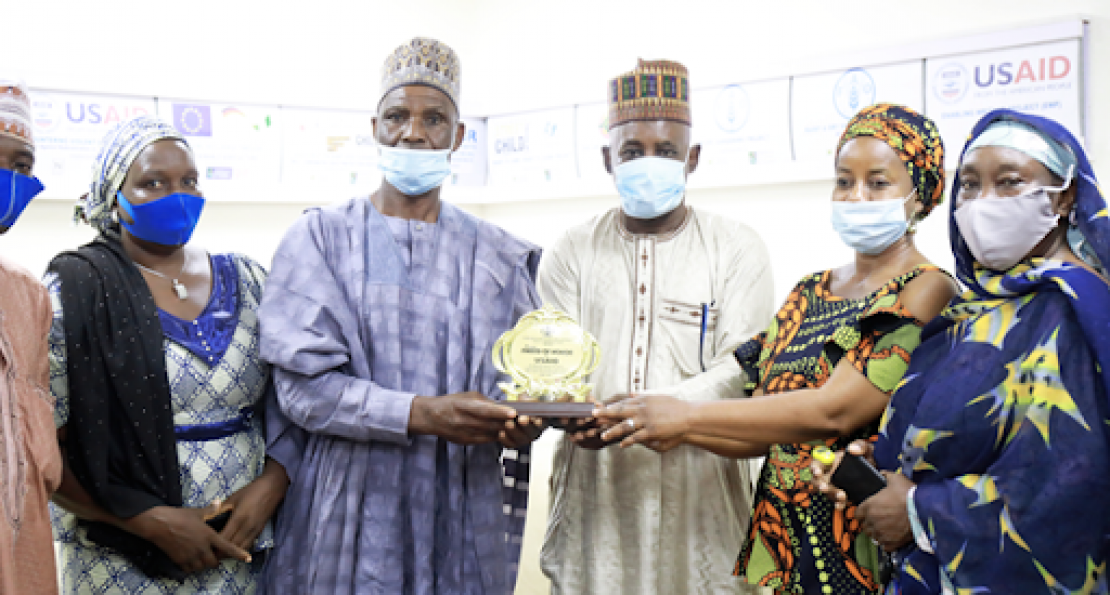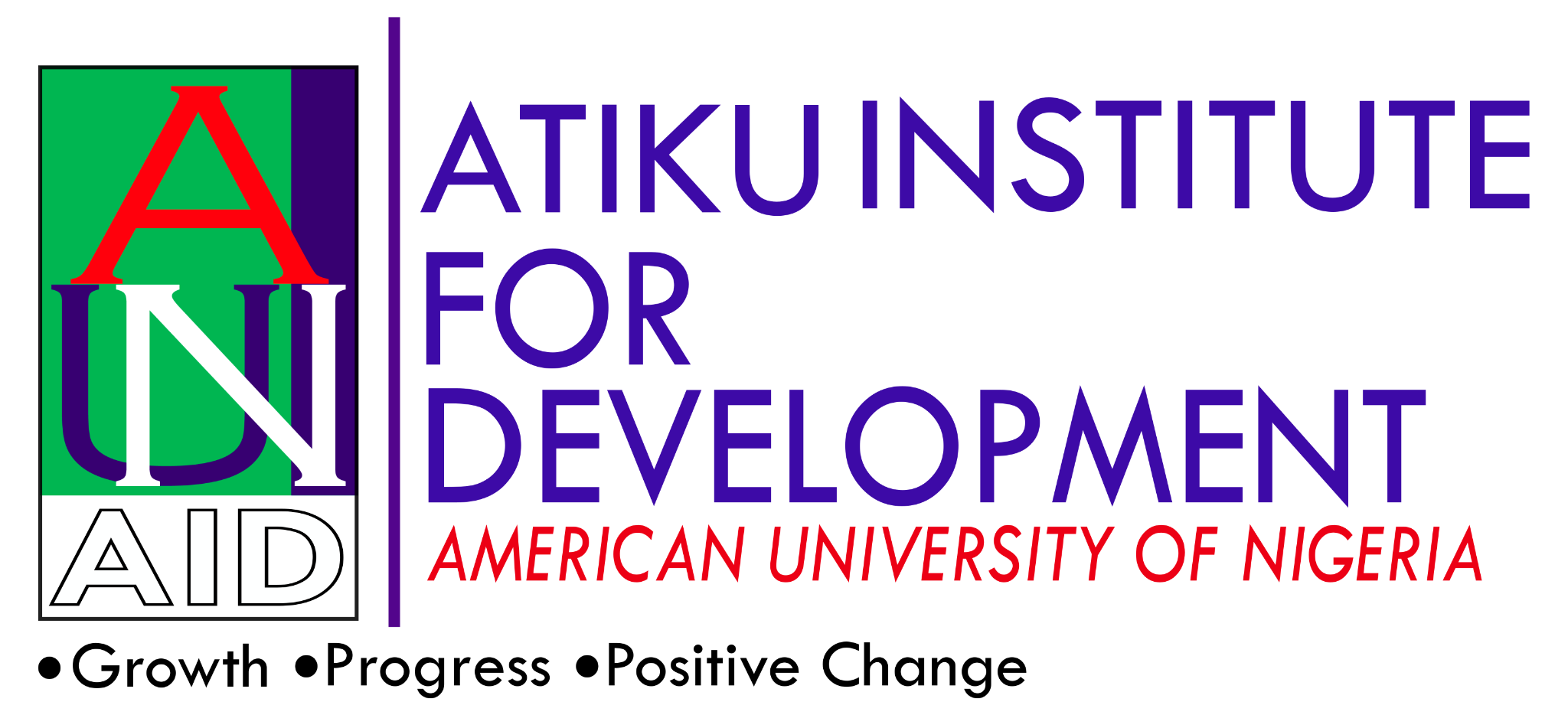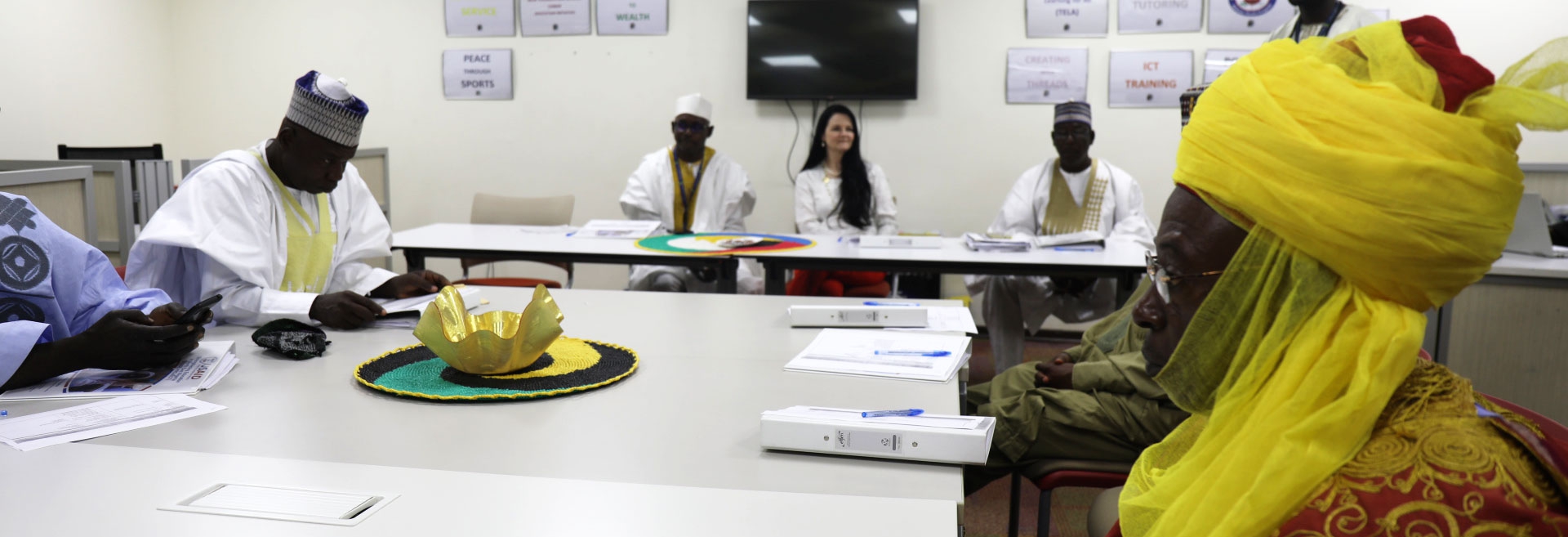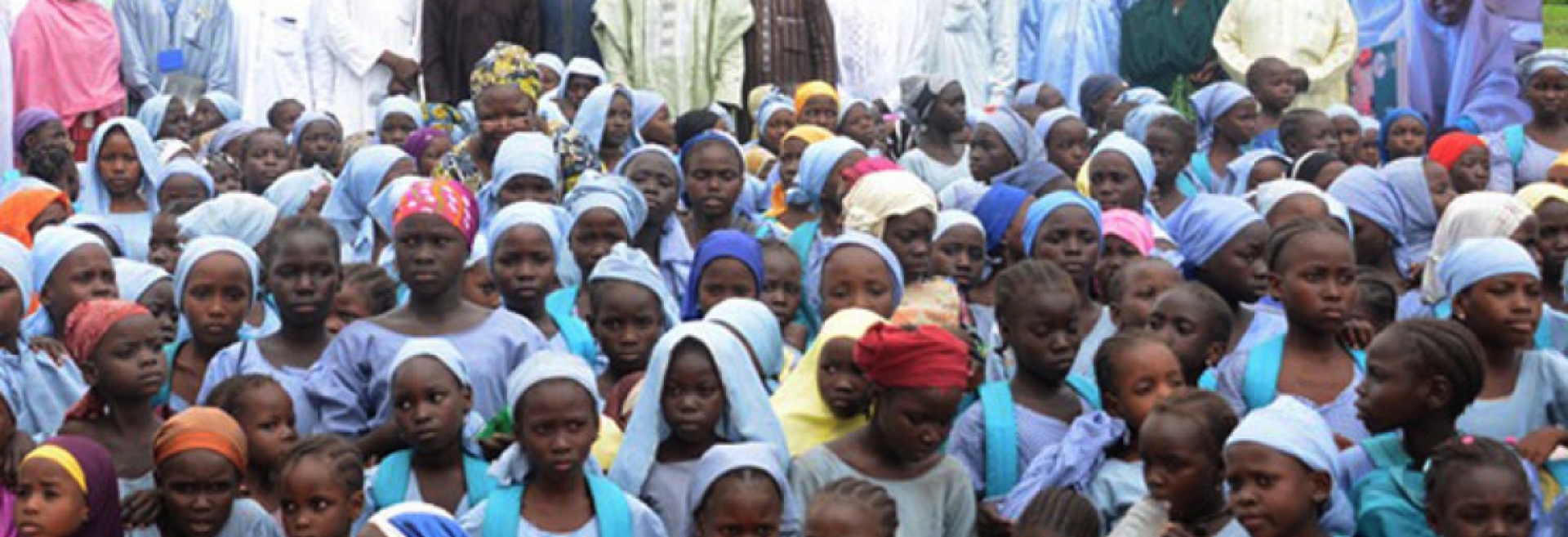
Mubi South Visit SENSE Activity in Appreciation of USAID Funded Education Project
With only 40.5 % of people older than 6 years of age literate in Adamawa, northeast Nigeria1. The region’s children are at great risk of being left behind. Low literacy rates also pose a great risk for the quality of life of children and families already bearing the impact of poverty, insecurity, and the Boko haram insurgency. Women in Adamawa have an average of 5 children. With a population of over four million, the government is hard-pressed to provide essential services.
That is why the Strengthening Education in Northeast Nigeria States (SENSE) project with funding from the United States Agency for International Development (USAID) has been working to make sure children in primary 1, 2, and 3(early grade learners) have a better chance in life. SENSE targeted twenty public schools most in need in Mubi-South Local Government Area. Using data and research from field officers, SENSE’s intervention is evidence-based.
SENSE Activity implemented by AUN with funding from USAID has built the capacity of teachers, education managers, and community members in order to improve the reading outcomes of 200,000 P1, P2 and P3 teachers in Adamawa and Gombe state of which Mubi South is a beneficiary. The completed reading competition was an activity that enabled learners to showcase their ability to read fluently to the community. The central SBMC executives visited the 20 schools in Mubi South during the reading competition organized by SENSE Activity and they were amazed seeing the learners reading from their Ina Son Karantu textbooks fluently. The SBMC members then visited the Education Secretary and desired that they send appreciation to USAID through SENSE Activity. A team of stakeholders from Mubi South visited the AUN to express their appreciation to USAID.
“I have seen what this project has done for Mubi South, you have impacted the knowledge that our children will never, ever forget even to the end of the world. I have gone round the schools with my team and we have seen what you have done in Mubi South. Many organizations have come to Mubi South to implement programs but you have done what Mubi South will never forget. I want you to extend our appreciation to our donor USAID who have decided to bring this intervention to Adamawa state and extend it to Mubi South” said the newly elected SBMC Chairman on a courtesy visit to the SENSE Chief of Party, Dr. Audu Liman at the American University of Nigeria.
The SBMC chairman was accompanied by the Head, Quality Assurance, Mubi-South, the Education Secretary represented by the Head, Social Mobilization, the Coordinating School Support Officer, and the Mubi South, Desk officer. According to the Mubi South Desk officer, The Mubi South SBMC visited all twenty schools during the reading competition organized by SENSE. The SBMC Chairman was so impressed by the performance of children in primary 1, 2, and 3 that he met with the Education Secretary to find out “what organization is bringing genuine output and he was told it is the SENSE project”. He felt the donor should be appreciated. “Many NGOs have intervened in Mubi South but the project that has a genuine impact is the SENSE project.” Said the Mubi South Desk officer.
The Head, Quality Assurance also expressed gratitude to the SENSE team “I stand here to thank you on behalf of Mubi South. If not because for mobility, we would have hired buses to come here to say thank you. On behalf of the office of quality assurance, we promise to continue to monitor the program. If we have a word more than thank you, we would have said it”.
With funding from the United States Agency for International Development, SENSE Activity has made school fun and engaging for children in Mubi-south. Teachers, education administrators, and the SBMC in Mubi-South have also completed professional development with USG assistance. At the end of the courtesy call, the Mubi-South team presented an award plaque to USAID which was received by the Chief of Party and the SENSE team.
*UNSECO 2012 data on literacy rate in Nigeria1.



